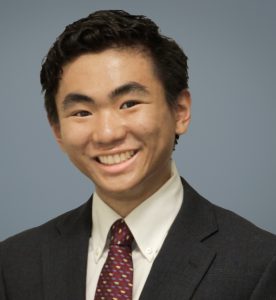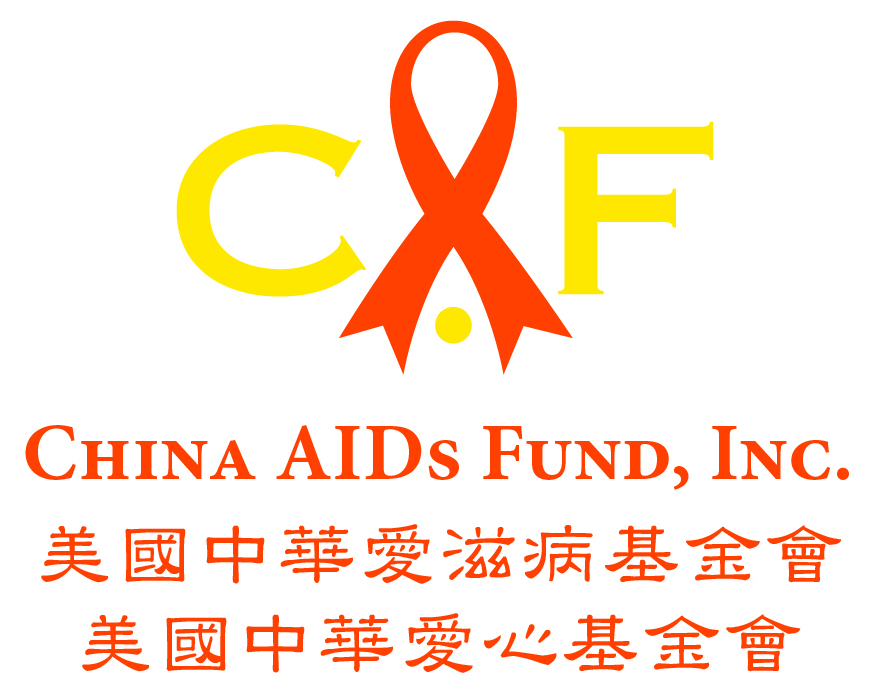AAYP 2018 Youth Ambassadors Scholarship

Matthew Miyasaka
I had my first existential crisis in middle school, partially because of my realization that I fit most Asian stereotypes. All kids want a feature that makes them unique, for it makes them feel relevant. However, my hobbies – chess, math, piano – and my characteristics – straight-black hair, braces and glasses, general social anxiety – weren’t unique. I knew kids that did the same things I did but better. Teen angst and my reading Nietzsche’s works didn’t help, and I started questioning if I mattered and if I belonged. Ironically, my being Asian helped me cope with my insecurity; my parents’ heritages helped me put my problems in perspective.
My mother is a Vietnam-Born-Chinese, and her ancestors lived on the rice paddies of China. Wet rice agriculture is very labor intensive; there are no vacations, no shorter days, and no-off seasons. To an observer, Chinese rice farmers’ back-breaking work may seem absurd, for their labor, more often than not, will never change their living conditions but will only maintain it. If survival was their only objective, the farmers would likely never escape their own monotonous, strenuous cycle until they withered away. However, according to my mother, many farmers’ hope was that their children’s prospects would be better than theirs. By working for a concrete, selfless cause, the rice farmers could challenge the perceived futility of their actions.
Using her time in Vietnam as an example, my mother has taught me not to be afraid of getting bullied or ostracized. My mother was born in Saigon in the middle of the Vietnam War. Her family’s friends included soldiers and generals, and many of them died during the war. Not knowing if your loved ones would survive, she told me, is something to be scared of. Furthermore, when the North began winning the war, my mother had to escape Vietnam, which was terrifying for a child. My mother, my grandmother, and my uncle left on a commercial flight for New York, but my grandfather stayed behind, hoping that the situation in Vietnam would improve. When it didn’t, he had to escape via airlift and ended up as a refugee seeking asylum in the United States. That, she said, was the scariest part of her life; the fate of friends was troubling, but the fate of her father was even more so. He made it to New York and reunited with his family. They didn’t speak any English, so my mother was bullied at school. However, she wasn’t intimidated; her experiences fleeing Vietnam had toughened her up. When a boy pulled on her hair and called her a “chink,” she punched him in the face. Ironically, since she was foreign, the teacher didn’t believe that she could’ve done such at thing, and my mother got away scot-free. From this, I learned to stand up to bullies.
My father, like me, was born in the U.S, but we’ve often been treated like we weren’t. People have asked us where we were from (for which “here” was an unacceptable answer) and how we learned to speak English so well. When outside of the country, many of the people we encountered would say “Konichiwa” or “Ni-Hao” to us and assume we were from the East. However, I’ve never questioned my Americanness because of a single interaction: my family and I were driving in Los Angeles when someone cut in front of us. Somehow, the other driver believed it was our fault, and she rolled down her window and began screaming obscenities at us and told us to go back where we came from. My father’s response – “I did. Here I am” – is one of my fondest memories of him. His certainty that he belonged here regardless of what people said or thought has helped me feel the same way.
Although these parts of my heritage have helped me overcome my hopelessness, I don’t know if they will do so for everyone; not everyone has the same heritage as me, and it might not be enough for those that do. Nonetheless, I’d like to believe that by reading about my experience, others can find meaning and confidence in their own lives.
